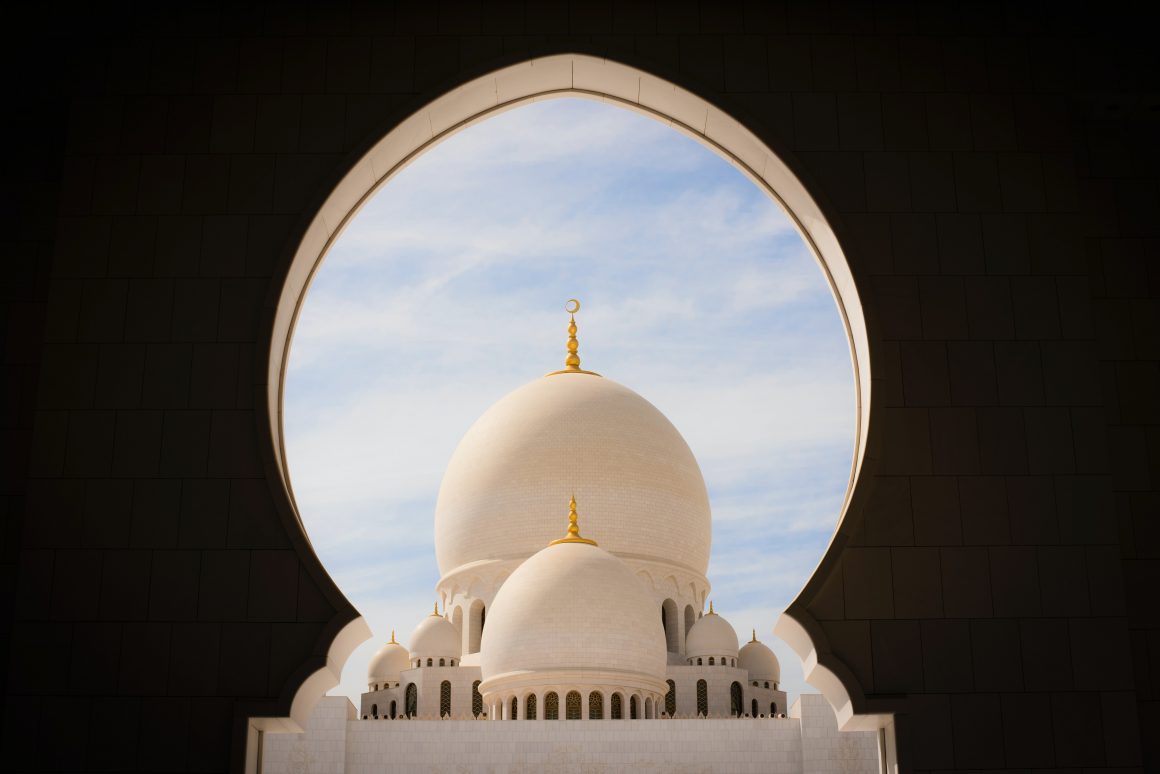
Canada’s Islamic History Month: Was it practical or performative?
By Aymen Sherwani, November 30 2021—
The Government of Canada declared the month of October to be known as Islamic History Month, aimed to recognize the role that Muslim communities play in Canadian society, highlighting their contributions and acknowledging the ongoing challenges they face as a result of racism and Islamophobia. Retrospectively, while the observance of Islamic heritage has been long overdue for the Muslim community in Canada, many Muslims this year had no knowledge of such a month’s existence, while others were skeptical of the government’s intentions — even the University of Calgary’s very own Muslim Student Association (MSA). Fatima Warraich, who is the vice-president of administration for the MSA, said that the first time their organization had heard of such a thing was when the Gauntlet had reached out to them for a statement.
“We didn’t even know it [Islamic History Month] was a thing, and it’s funny because we feel like a lot of things are just done for the sake of doing them — to be like ‘Oh, well we got that box checked, right? We have the Muslims, right?’” Warraich said, highlighting the government’s lack of consultation with Muslim communities in the month’s conception and their negligence to use it to target concrete issues that Muslims continue to suffer from on a day-to-day basis. “I think that if they’re trying to tackle that problem, genuinely, it should start with us.”
Anyone can wish their fellow Muslim a “Happy Islamic History Month,” but is that really impactful if Muslims themselves are only now learning about its existence? Is it even a happy month, to begin with, considering the recent attack against a Muslim family in London? Or the fact that innocent Muslims have been demonized in Canada for the past 20 years post-9/11? Reflecting on this month, what Muslims, like myself, feel most right now is confusion — we did not ask for an arbitrary month to be chosen to commemorate our existence, without our consultation, in a country that continues to marginalize us after said month is over.
Warraich also mentions that she knows of Canadian masjids — or mosques — and Muslim non-profit organizations that do a substantial level of work to tackle Islamophobia, but feels as though “they are not getting the outreach from the government” and have been excluded in Canada’s narrative of Islamic History Month. This is besides the fact that the Alberta government’s acknowledgement of the month has been virtually nonexistent. We’re now left with one essential question to answer: if the Muslim community does not feel represented through Canada’s Islamic History Month right now, what can be done to achieve it?
According to Warraich, it starts at the grassroots level of advocacy through student organizations like the MSA.
“The MSA has an Islam Awareness Week every year at the U of C and it would be a great way for anyone to come show solidary with us, learn more information about Islam, or even just talk to us about who we are and what we do.”
While the Awareness Week is hosted in the winter semester, the MSA also plans on repositioning their initiatives towards an advocacy-approach, in light of the Islamaphobic attacks on Canadian soil over the pandemic. For instance, since the reintroduction of in-person learning, the MSA has had to petition to use the Multi-Faith Rooms just to be able to pray the five daily prayers required of Muslims.
A personal initiative that Warraich says she has undertaken is asking “anonymous questions” on the MSA’s Instagram through which students have shared their stories of anti-Muslim microaggressions on campus. She states that there have been “allegations against professors making insensitive remarks in class” and “as a club, we provide a channel open where you can tell us your problems, and from there we take it to the university and tackle those concerns together.”
In a way, clubs like the MSA define Islamic heritage and possess the advocacy driven approach that a lackluster government-issued statement on Islamic History Month is missing. While it’s definitely not something the community was expecting in terms of change, the MSA plans to use this new platform to redefine what it means to be Muslim in Canada.
Warraich ends with saying that she “would define Muslim heritage as who we are right now.”
“Clubs, like the MSA — we’re a part of Muslim heritage. It’s who we are as a community and what we do that defines our actions and legacy, right?”
This article is a part of our Voices section.
